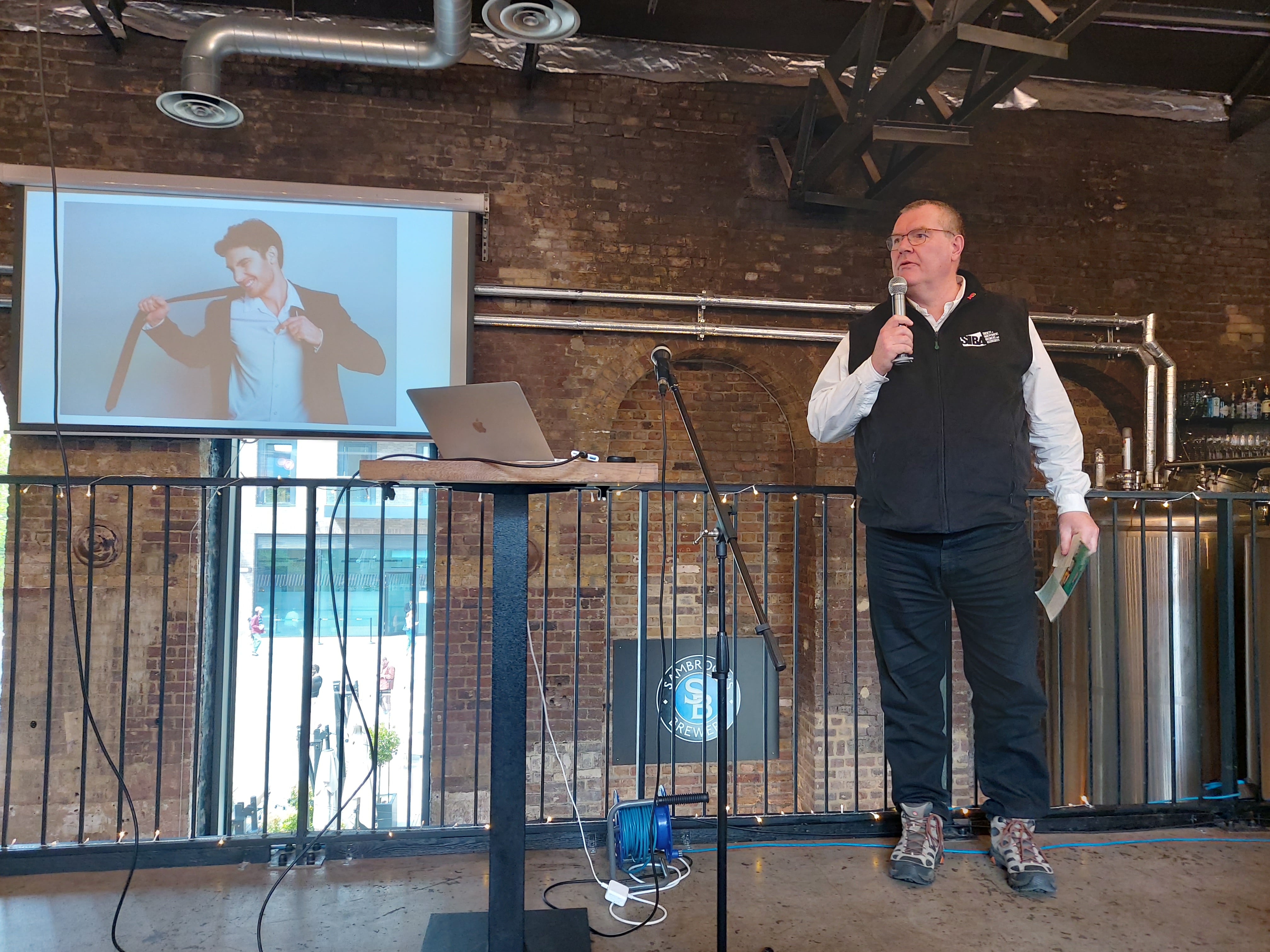Research presented at the launch of the Society of Independent Brewers & Associates’ (SIBA) Independent Beer Report 2025 showed one in three (29%) expect to see a decrease in their turnover, which is up from last year when one in four (24%) expected to see losses.
Although half (49%) forecast an uptick in turnover, this too had fallen from 60% in 2024 while 17% expect it to remain the same and 5% didn’t know.
SIBA stated in its report the results “demonstrate the economic situation is really starting to bite for brewers”.
No let-up
It continued: “Pressures like these are always felt more by smaller businesses and this is certainly true for our surveyed brewers, over two thirds of which have a turnover below £250,000.
“In the short term, there is likely to be no let-up, as the sector braces for a new round of costs increases in April when the minimum wage increases and national insurance changes take effect.”
SIBA member breweries now account for 38.5% of all UK breweries, which is a 1% increase on the percentage in 2024.
| Business priorities for SIBA members in 2025 | 2025 | 2024 |
|---|---|---|
| Survival | 46% | 43% |
| Develop staff | 26% | 31% |
| Beer quality improvements | 24% | 34% |
| Expand the brewery | 24% | 23% |
| Invest in new brewery equipment | 23% | 21% |
| Sustainability measures | 20% | 25% |
| Open a pub | 13% | 10% |
| Open a taproom | 7% | 12% |
| Start an online shop | 4% | 4% |
| Start exporting | 3% | 5% |
| Switch production | 2% | 3% |
Staff development
The body added: “It is no surprise, given the financial outlook, more of our surveyed brewers said their main priority for 2025 is survival – 46% in this year’s survey compared to 43% in 2024.
“This was by far the biggest priority overall, with other areas receiving much lower scores this year, but moving up the list of other priorities was staff development, overtaking beer quality improvements from last year’s survey.
“This is perhaps a positive sign because investment in staff development and training has fallen off considerably in 2024, most likely as a result of cost cutting, with the number of staff undergoing training at a historic low.
“This is disappointing for the future health of the sector and also for incentivising recruitment at a time when recruiting good people remains challenging.”





